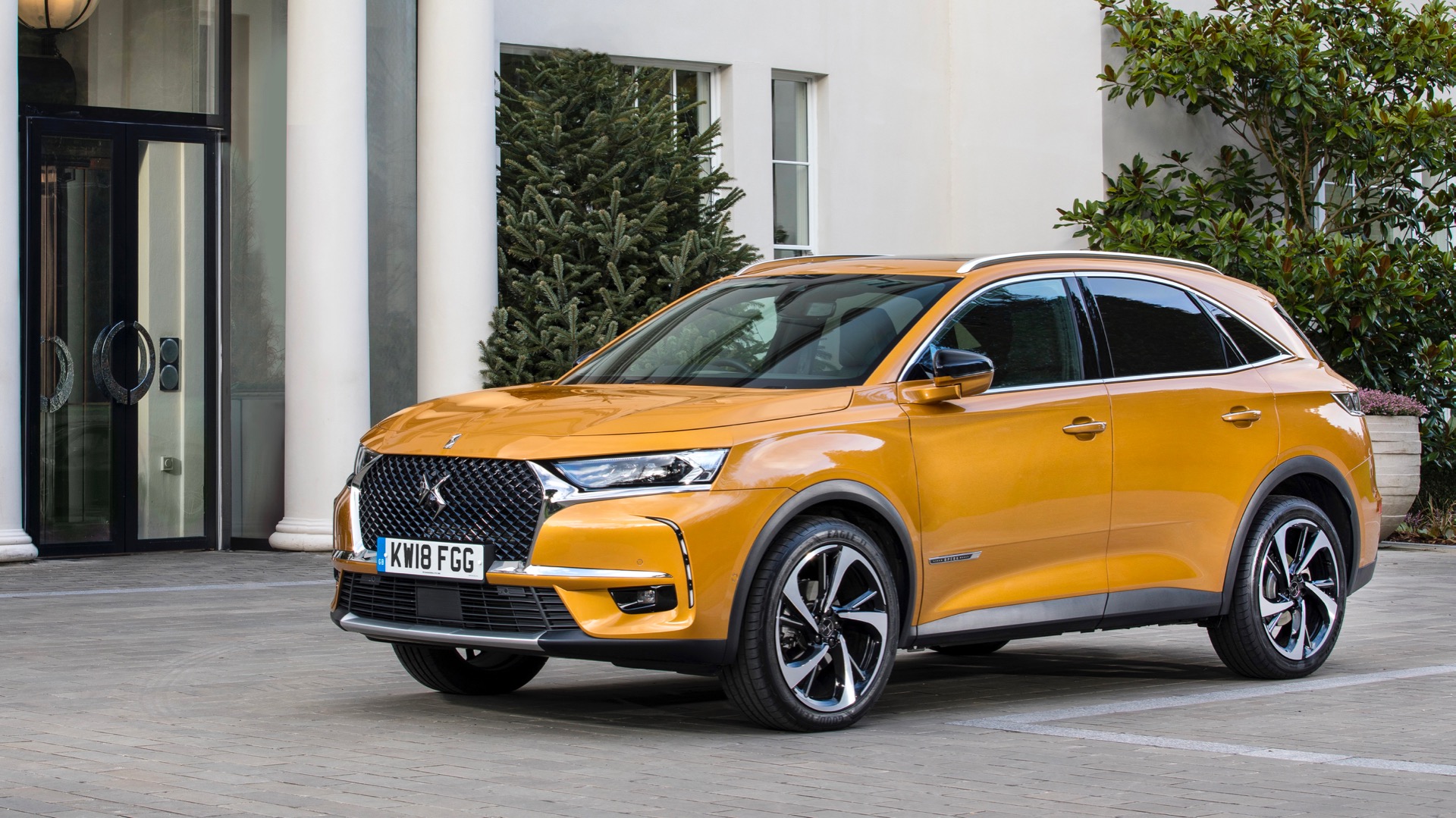

PSA Peugeot Citroën and Chinese tech company Huawei announced a partnership in November 2017, and the first tangible result of that partnership will soon roll into Chinese dealerships. The DS 7 Crossback, which launches in China this month, will be the first PSA model equipped with Huawei connected-car tech.
The DS 7 Crossback and future PSA models will feature infotainment systems that incorporate Huawei’s OceanConnect IoT (Internet of Things) computing platform. This will allow cars to connect to the cloud and smart devices, which PSA claims will open up new possibilities for in-car services.
Cloud connectivity will allow for enhanced navigation and voice recognition, according to PSA. Cars will also be able to log information on maintenance, the number of trips taken, and the driving styles of each individual driving them, and send that information to an owner’s smartphone. In the future, PSA may add remote software updates and other features. The Huawei tech platform will be offered in multiple PSA models across different markets, the automaker said in a press release.
PSA’s DS premium brand has only been around for a few years, so it’s only just beginning to redesign its vehicles. The DS 7 Crossback is the first of that second generation of DS models. Other than that, and being the launch platform for the PSA-Huawei tech alliance, the Crossback isn’t too remarkable. It’s another amorphous crossover of the kind automakers can’t seem to build fast enough.
Even in an age when it seems no one’s data is safe, connectivity has become a priority for automakers. Witness the number of cars offered in the United States with Amazon Alexa Skills, and the number of apps that enable features like remote engine start. Automakers are also working to get cars to “talk” to each other and surrounding infrastructure with so-called V2V and V2I communications systems. If the Internet of Things ever becomes more than a tech-industry buzzword, cars will likely be a part of it.